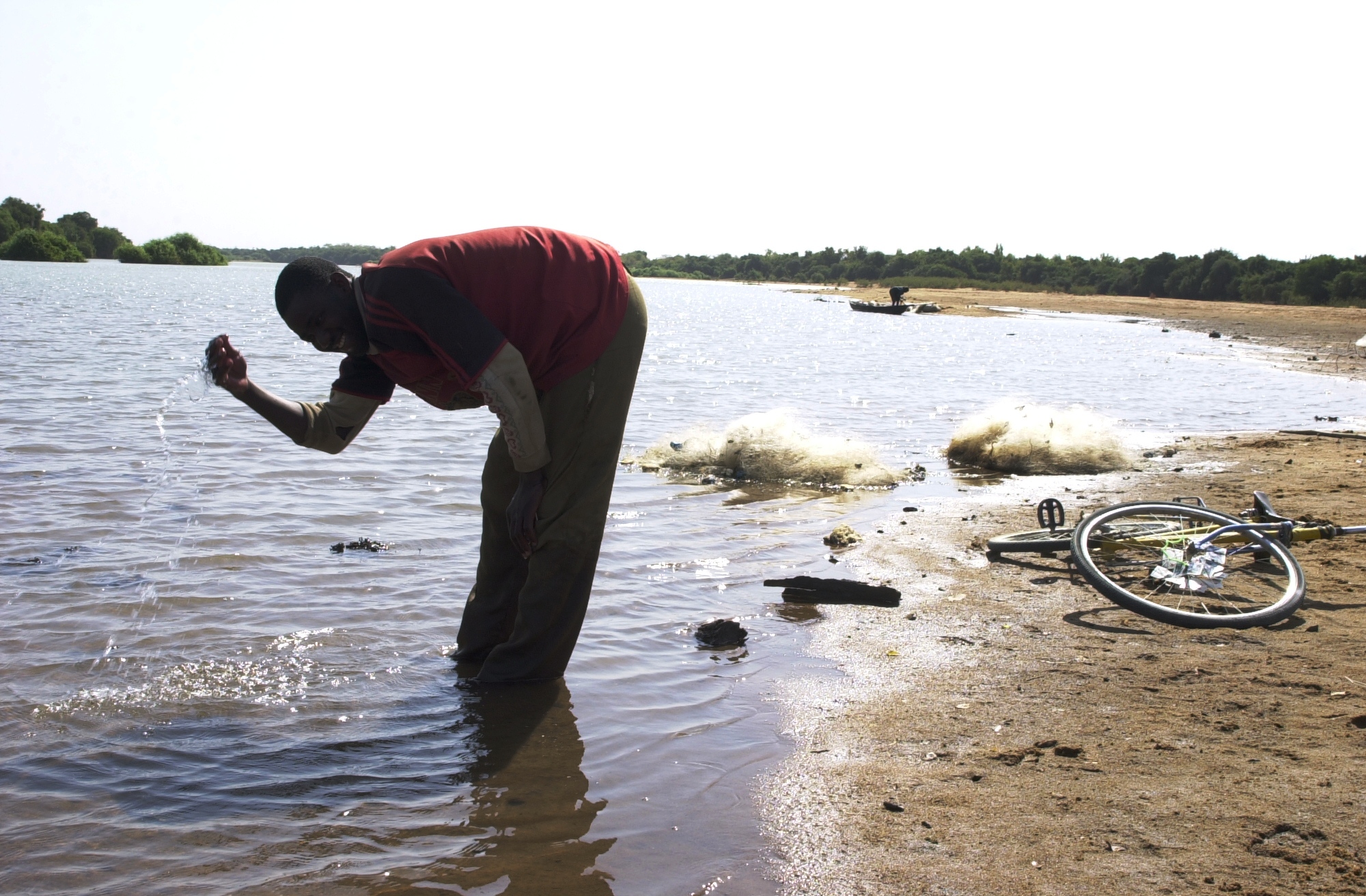


/ West Africa
ECOWAS discusses Draft Directive on Shared Water Resources Management in West Africa
A Regional Workshop for the Validation of the Draft ECOWAS Directive on Shared Water Resources Management in West Africa, held on 2 and 3 May 2017 in Dakar, under the chairmanship of Mr. Diène FAYE, Secretary of State in charge of Hydraulics of Senegal.
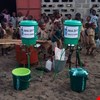
/ West Africa
National WASH day in Benin
Benin celebrated the 10th anniversary of its national WASH day on April 15, 2017 in Goho in Abomey under the theme of “Hygiene and sanitation guarantee for preventing transmissible diseases. The CWP took part in the celebrations by providing hand washing tools.
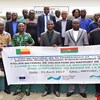
/ West Africa
Mekrou project, water security strategic framework validated in Benin
CWP Benin organized on April 25 2017 a workshop to validate the water security strategic framework in the Mekrou basin study carried out by a consultant at regional level.
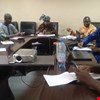
/ West Africa
Mali, mobilising partners for WACDEP 2
Mali has validated its project document for the second phase of the Water Climate and Development Programme (WACDEP 2) at the end of 2016.
POSITION ANNOUNCEMENT
Designation: GWP/WA Executive Secretary (ES)
Duty post: Ouagadougou, BURKINA FASO
Purpose:
To develop, fund raise for, promote, manage and oversee implementation of GWP/WA’s strategies and programmes, as well as develop and nurture political and programmatic relationships with key institutions and GWP Partners, for meaningful and effective delivery of the programmes.
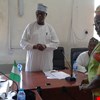
/ West Africa
GWP Niegria organizes meetings
GWP Nigeria held a meeting on April 6, attended by a member of the BOT, Steering Committee and TEC members.

/ West Africa
Mali, for the sustainable management of industrial waste
CWP Mali held on 11 and 12 April 2017 a workshop on the sustainable management of the industrial wate of Sotuba, a district in Bamako with many industries. The event was organized in collaboration with the national agency of cleaning stations of Mali under the patronage of the Minister of environment, sanitation and sustainable development represented by his General Secretary, Mr. Abdoulaye BERTHE.

/ West Africa
IDMP project assessment reveals production increase and up to 15 m3 water saving
The CWP Niger with the department for vulgarization and transfer of technologies at the Ministry of Agriculture as the implementing partner of the IDMP pilot project have assessed the driving activities of the FFS (Farmers' Field School) in Koygolo and Garbi Beri (Department of Boboye, Dosso region).

/ West Africa
A Night for water in Togo to award youth engagement
The National Youth Parliament for Water of Togo (PNJE Togo) organized on 7 April 2017 the second edition of the Water Night in partnership with the collaboration with the Council for Basic Sanitation in Togo (CCABT).
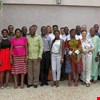
/ Global, West Africa
Collaborative modelling engages stakeholders in IWRM planning
Global Technical Committee (TEC) members mingled with the regional TEC and some partners of GWP West Africa on 10th to 12th April 2017 in Accra, Ghana. The occasion was a training on Collaborative modelling for decision support in Integrated Water Resources Management.